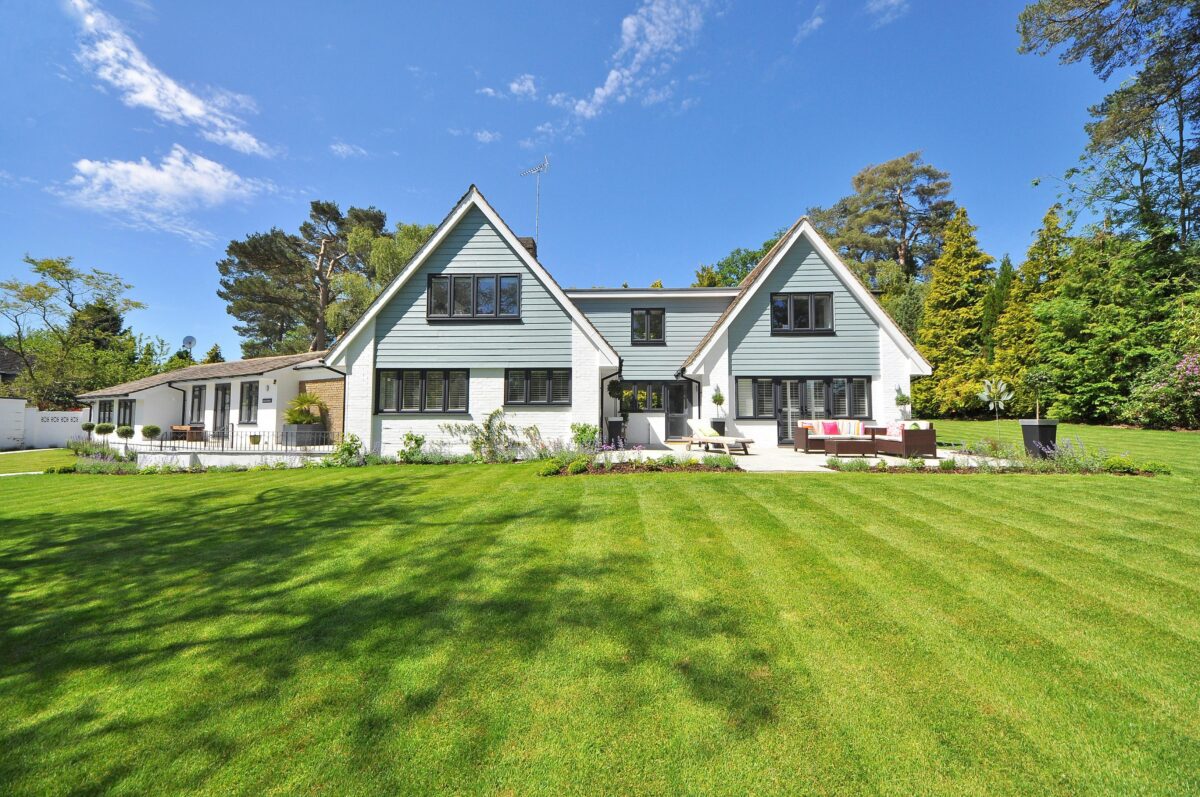Introduction
The decision between a fixed-rate mortgage and a variable-rate mortgage can be a significant one that will impact your financial stability for years to come. In today’s complex and evolving mortgage market, understanding the nuances of each loan type is crucial for making an informed decision. This paper delves into the advantages and disadvantages of fixed and variable mortgages, providing you with the insights you need to choose the best mortgage for your circumstances.
Fixed-Rate Mortgages: Stability and Predictability
Fixed-rate mortgages offer the reassurance of knowing exactly what your monthly mortgage payments will be for the entire loan term. The interest rate on a fixed-rate mortgage remains the same regardless of fluctuations in market interest rates. This stability provides peace of mind and allows you to budget effectively.
Advantages:
* Predictability: No surprises in your monthly mortgage payments.
* Stability: Protection against rising interest rates.
* Long-term savings: If interest rates rise, you may end up paying less than you would have with a variable-rate mortgage over the entire loan term.
Disadvantages:
* Higher interest rates than variable-rate mortgages initially.
* No flexibility: Prepayment penalties may apply if you decide to pay off your mortgage early.
Variable-Rate Mortgages: Potential Savings and Flexibility
Variable-rate mortgages are tied to an index, such as the prime rate, which fluctuates with market conditions. As a result, your monthly mortgage payments may vary over time. Variable-rate mortgages typically have lower interest rates than fixed-rate mortgages initially, but this advantage can diminish if interest rates rise.
Advantages:
* Lower interest rates than fixed-rate mortgages initially.
* Flexibility: No prepayment penalties if you decide to pay off your mortgage early.
* Potential savings: If interest rates fall, your monthly mortgage payments could decrease.
Disadvantages:
* Uncertainty: Your monthly mortgage payments may vary, which can make budgeting difficult.
* Risk: If interest rates rise significantly, your monthly mortgage payments could become unaffordable.
Factors to Consider When Choosing
The best mortgage for you will depend on your individual circumstances and financial goals. Here are some key factors to consider:
* Risk tolerance: How comfortable are you with the uncertainty of variable mortgage payments?
* Loan term: Shorter loan terms generally have lower interest rates, making fixed-rate mortgages more attractive.
* Market outlook: Do you expect interest rates to rise or fall in the future?
* Financial flexibility: Can you afford to make higher mortgage payments if interest rates increase?
Making the Smart Choice
By carefully evaluating the factors discussed above, you can make an informed decision about which mortgage type is right for you. If you prioritize stability, predictability, and long-term savings, a fixed-rate mortgage is likely a better choice. If you can tolerate risk and are looking for potential savings, a variable-rate mortgage may be more suitable.
Conclusion
The choice between a fixed-rate and variable-rate mortgage is not simply a matter of which one has the lowest interest rate. It requires a comprehensive assessment of your financial situation and risk tolerance. By understanding the advantages and disadvantages of each loan type, you can make an informed decision that aligns with your individual needs and goals. In today’s dynamic mortgage market, knowing and planning ahead will help you secure a mortgage that supports your financial well-being for the long term.


